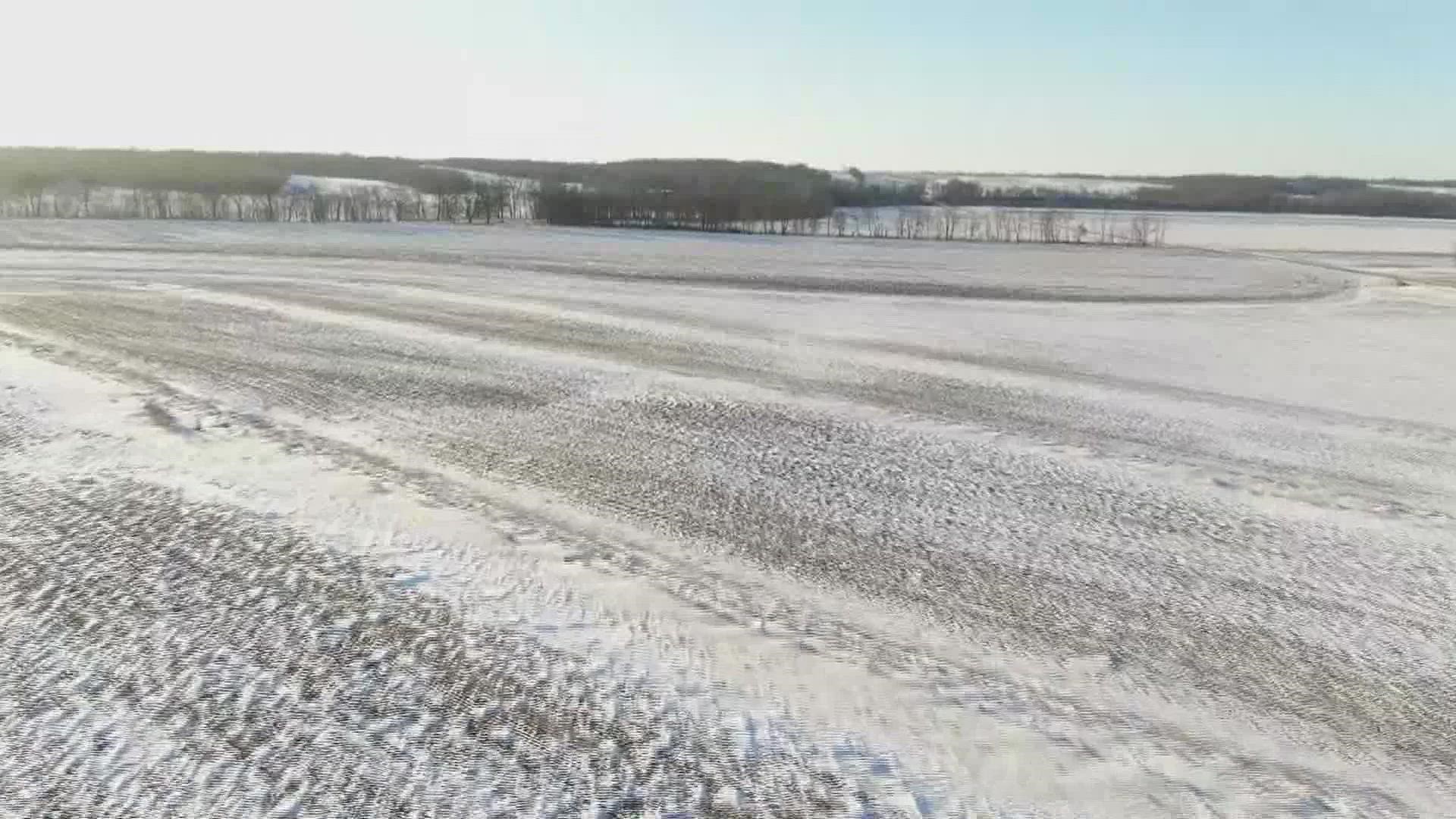MOLINE, Ill. — Carbon capture company Navigator CO2 Ventures is looking to build a 1,300-mile carbon pipeline that would run underneath the ground of five Midwest states including Illinois and Iowa, with Illinois being the dumping site.
Some are voicing concern about the company's intentions, the disruption of farmland and the safety of those who live where the pipeline will be. The Coalition to Stop CO2 Pipelines, made up of various environmental organizations and landowners against the project, will host a community meeting Monday, March 7 for the public to voice their concerns.
The proposed carbon capture pipeline, dubbed "Heartland Greenway," would pass through 13 Illinois counties, including Scott, Knox, Fulton and Henry, where it will remove carbon dioxide from the air and store it underground at a very high pressure to turn into liquid.
"(Carbon pipelines) do - in some cases - leak," said Lan Richard, co-director of the Eco-Justice Collaborative in Champaign. "When they do leak, it is an explosive event and can spread carbon dioxide throughout the whole area, half a mile to one mile away depending on the terrain."
The coalition fears this will damage valuable farmland. Eminent domain rights could give power to private companies like Navigator to take any property for public use without the owner's consent in exchange for payment or compensation.
"Although there's compensation proposed for (land use), it's only for the first three years and on a decreasing rate," Richard said. "And the concern is that once that land has been disrupted, it was always be of lower quality."
Navigator assured its purpose is to reduce the carbon footprint and provide better products for farmers.
"Carbon capture and storage has the potential to reduce the carbon intensity of those in products, this ethanol or fertilizer, by up to 50%, which is substantial progress," said Elizabeth Burns-Thompson, the vice president of government and public affairs for Navigator.
There are more than 30 carbon capture sequestration facilities planned for the U.S. and around the world, according to Navigator. Existing and proposed projects can reduce global CO2 emissions by almost one-fifth and lower the cost of addressing climate change by 70%.
There is still worry about the true intentions of the environmental project.
"Our long-term concern is that a lot of this carbon dioxide will be sold to oil companies to get more oil, which will then be burned and release more carbon," Richard said.
The coalition's meeting will take place at 6:30 p.m. Monday via Zoom.

